
DIY/DEI resource list collage of book covers about women and equity.

DIY/DEI resource list collage of book covers about women and equity.
Advocates and allies are essential to promoting a culture of diversity, equity, and inclusion (DEI) in higher education and beyond. For many, there is a new awareness of issues associated with DEI and a growing desire to learn and engage. To support your efforts, the NC State University Libraries and the Office for Institutional Equity and Diversity have created a curated list of resources to inform your inquiry, introspection, and engagement with a topic. We hope these resources will help you explore DEI and develop your narrative and understanding.
This month's featured topic: Women + Equity in Higher Education
This month’s DIY/DEI guide offers resources that address the barriers to women within higher education, including sexual harassment, racism, impossible workloads, diminishment of achievement, lack of recognition for scholarly or theoretical work, threatened and actual violence, and unequal distributions of diversity labor in the academy. This issue understands “women” as a broad, coalitional category that encompasses many experiences of oppression within and beyond higher education. We hope the list helps readers think through their own experiences of higher education in ways that contribute to creating educational institutions that better support women flourishing.
This list has been curated by Kaelie Giffel and Hiva Kadivar.
Past DIY/DEI resource lists can be found here. To suggest a future topic for DIY/DEI, please send your topic idea to oied-communications@ncsu.edu.
Books
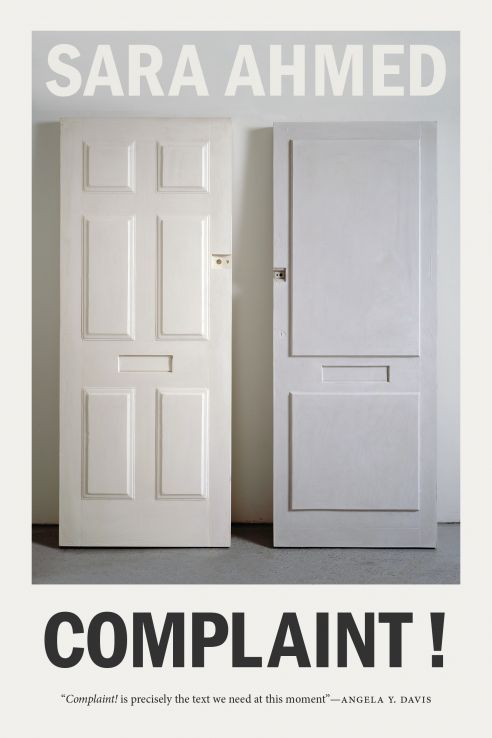
Complaint! Sara Ahmed, 2021. Ebook.
Complaint! provides a detailed experiential and theoretical account of different kinds of harassment and discrimination women face in the academy (including sexual harassment, sexual violence, racism, and homophobia). In addition, it reveals the onus is on targets rather than perpetrators, making it riskier to report harassment than to perpetrate it. Content warning for descriptions and testimonies of sexual violence and harassment.
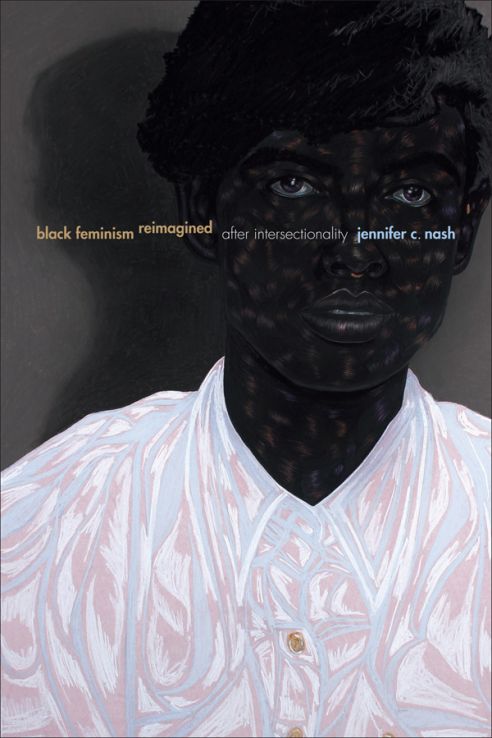
Black Feminism Reimagined: After Intersectionality, Jennifer Nash, 2019. Ebook
Black Feminism Reimagined discusses the uneven distributions of labor within the academy for countering sexism and racism. In particular, Nash focuses on the way black feminists are called to perform intersectionality (or its policing) at the cost of their own intellectual, emotional, and spiritual health and growth. A great exploration of the institution building of women’s studies and its reliance on “intersectionality” in ways that obscure different relations black feminists might want to form between different traditions.
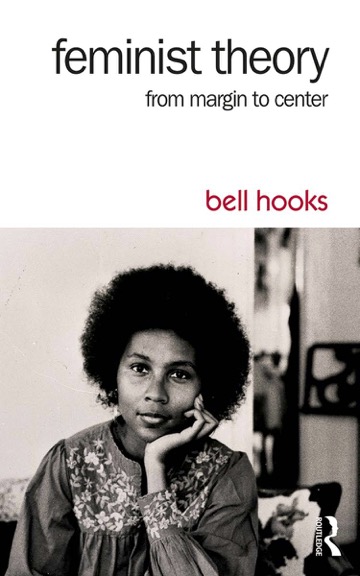
Feminist Theory: From Margin to Center, bell hooks, 2015. Ebook
When Feminist Theory: From Margin to Center was first published in 1984, it was welcomed and praised by feminist thinkers who wanted a new vision. Even so, individual readers frequently found the theory "unsettling" or "provocative." Today, the blueprint for feminist movement presented in the book remains as provocative and relevant as ever. Written in hooks's characteristically direct style, Feminist Theory embodies the hope that feminists can find a common language to spread the word and create a mass, global feminist movement.
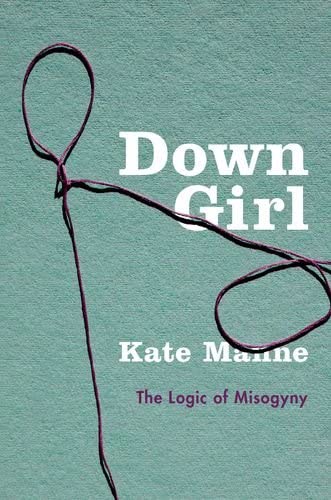
Down Girl: The Logic of Misogyny, Kate Manne, 2018. Ebook
Who knew we needed a refresher on what misogyny is and why it’s so hard to fight? Kate Manne did. This work breaks misogyny down into the simplest terms and helps readers identify it in their own environments. Crucially, Manne analyzes the way misogyny operates as a form of control, whether it’s through sexist comments or school shootings (she does a full analysis of the misogyny at work in the Isla Vista shootings in which six women who were UCSB students were murdered). An urgent book with great teachability. Check out Boston Review’s forum on Manne’s argument, as well, for different evaluations of her work. Content warning for depictions of sexual violence and sexist language.
Articles
Sexism at the Centre: Locating the Problem of Sexual Harassment
Leila Whitley and Tiffany Page
New Formations, no. 86 (2015)
Authors analyze the ways that women complaining about harassment are treated as the problem, rather than the perpetrator of the harassment.
Men Explain Things to Me
Rebecca Solnit
Guernica (2012)
In her comic, scathing essay “Men Explain Things to Me,” Rebecca Solnit took on what often goes wrong in conversations between men and women. She wrote about men who wrongly assume they know things and wrongly assume women don’t, about why this arises, and how this aspect of the gender wars works, airing some of her own hilariously awful encounters. Solnit published this now-classic essay in a book under the same title in 2015, along with some of her other essays with discussions on gender in modern life and violence against women in our world today.
Stop Telling Women They Have Imposter Syndrome
Ruchika Tulshyan and Jodi-Ann Burey
Harvard Business Review (2021)
Tulshyan and Burey’s argument is that “imposter syndrome” individualizes what are systemic problems. The point isn’t to lean in: “The same systems that reward confidence in male leaders, even if they’re incompetent, punish white women for lacking confidence, women of color for showing too much of it, and all women for demonstrating it in a way that’s deemed unacceptable.”
Making Feminist Points
Sara Ahmed
feministkilljoys (2013)
This essay discusses the usual tendencies within higher education that frame scholarship in relation to male intellectual traditions. Sara Ahmed sheds light on how women, specifically women of color, have been excluded from hierarchies of knowledge production through publication and citation practices that reproduce sexism and racism in higher education. She developed these arguments further in her book Living a Feminist Life (2017) and has been writing on the politics of citation further since this influential essay. Ahmed’s work has inspired other feminist academics and thinkers to write on citation politics in higher education. Check out the other resources section below to learn more about progressive strategies for teaching citational practice and research inspired by this work.
Podcasts
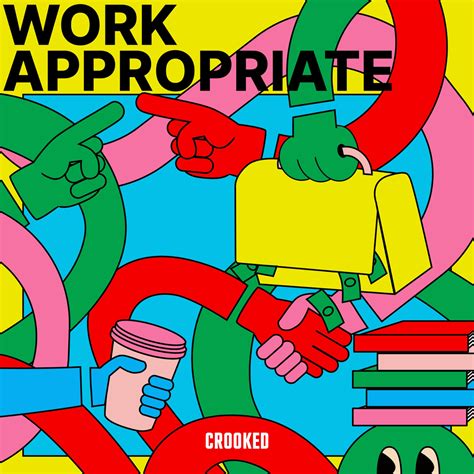
American society is still organized around a presumption that every family unit has a full-time caregiver in the home. Jessica Grose, mom of 2 and opinion writer for The New York Times, joins host Anne Helen Petersen to answer questions about the struggle, sadness, and burnout that comes from trying to still get by in that space, even when it isn't reality for millions of families.

Haymarket Live Podcast: Community as Rebellion: Surviving Academia as a Woman of Color (97:00)
Lorgia García Peña, Angela Y. Davis, and Chandra Talpade Mohanty discuss freedom-making in the academy for women scholars of color. Also see the book, Community as Rebellion: Surviving Academia as a Woman of Color (2022), that sparked the conversation.
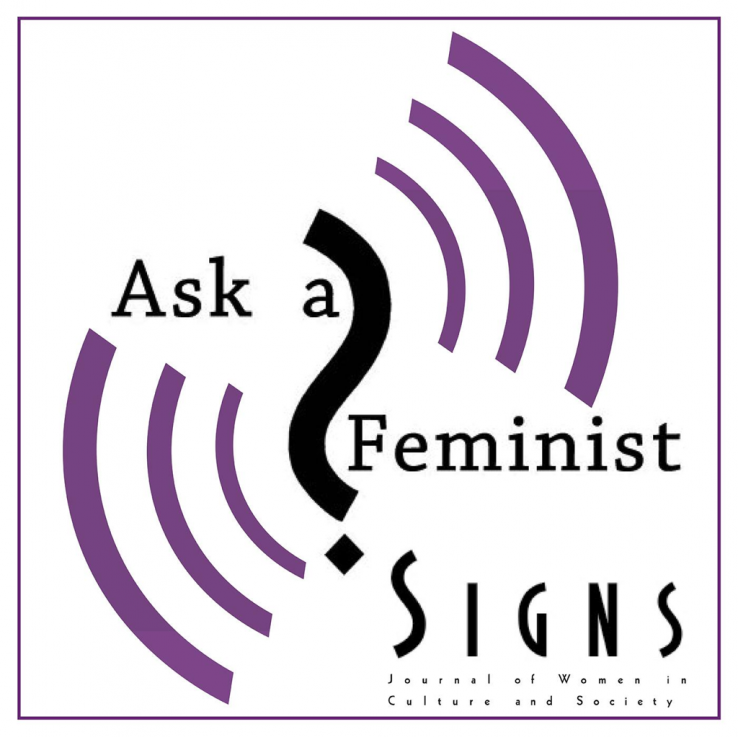
Ask A Feminist: Sexual Harassment in the Age of #MeToo (56:39)
A conversation with Catharine A. MacKinnon and Durba Mitra. This podcast discusses the importance of coming up with concepts to describe the ways our environments, including universities, fail women.
Other resources
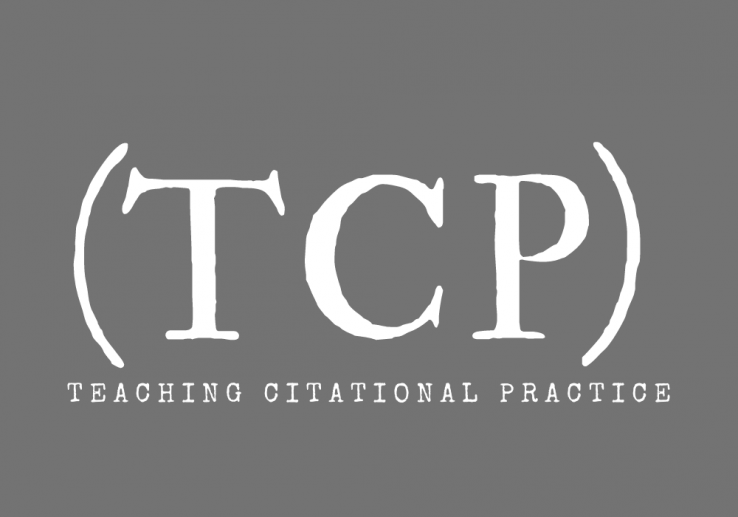
Teaching Citational Practice is an open-access resource for higher education instructors interested in practical, innovative, and progressive strategies for teaching research and citation. Our collections bring together the diverse views and original teaching approaches of instructors from across academic disciplines and institutions. Our contributors and collections take cues from the critical feminist theories and pedagogies of scholars and activists such as Sara Ahmed and Kimberlé Crenshaw. We also continue to follow and amplify other projects that disrupt and diversify everyday citational practices, including the Cite Black Women Collective and the Citation Practices Challenge.